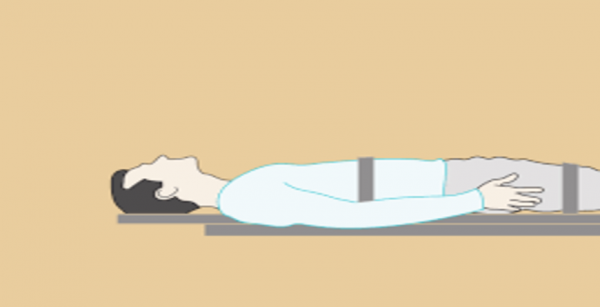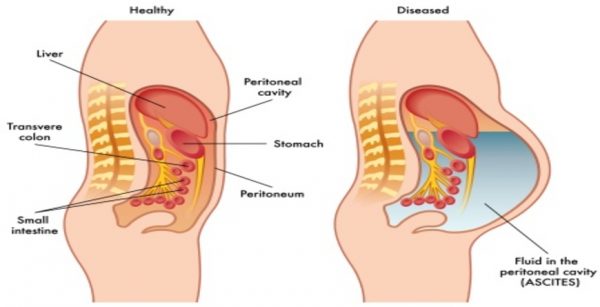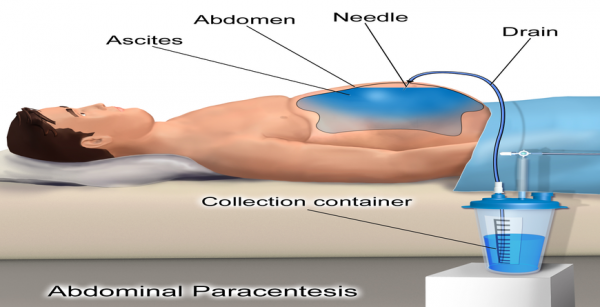
Tilt test
Tilt test : Tilt test is used for evaluating the cause of unexplained fainting in patients. In this test, the blood pressure of patient is measured in three positions; lying down, sitting and standing positions; and, the results are

Tilt test : Tilt test is used for evaluating the cause of unexplained fainting in patients. In this test, the blood pressure of patient is measured in three positions; lying down, sitting and standing positions; and, the results are

Removal Abdominal Fluid or Ascites – Paracentesis : Paracentesis is a procedure that removes peritoneal fluid from the abdomen through a needle. In this video, the procedure of a real drainage of abdominal fluid or ascites is shown.

Paracentesis #Ascitic tap : This video shows how to place an ascetic tap or paracentesis and discusses about its indications, absolute and relative contraindications, complications, precautions, finding proper needle entry site, post-procedural monitoring and required equipment for this procedure.

Murphy sign : Murphy’s sign test is usually done in patients whom we suspect acute cholecystitis. By palpating the right subcostal area (where gallbladder is) while inspiration, if the patient feels pain, the murphy’s sign is positive.

Liver examination : Examination of the liver is a major part of abdominal examination. It includes palpation, percussion and auscultation of the liver. This video, shows some clinical techniques for assessing the size of the liver which are helpful in

Fluid Wave test : Fluid wave test is usually done in patients with ascites. In this video, the procedure of this test is shown on a man. If the test is positive, then it is a sign of peritoneal fluid

Ascites_ Shifting Dullness – Clinical Examination : The most reliable way for detecting ascites, is shifting dullness testing which is a part of clinical examination of the abdomen. This test involves checking for bilateral flank dullness. On percussion, the top

Acute dystonia: An acute dystonic reaction is involuntary contractions of major muscle groups. In this video, you could see a case of acute dystonia which is a child suffering from jaw muscles spasm and as a result he can’t eat
DarmanX Academy is proudly powered by WordPress